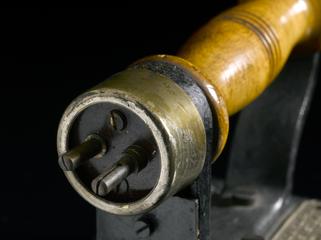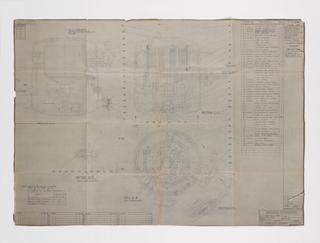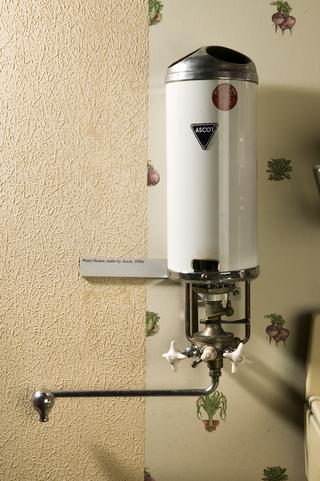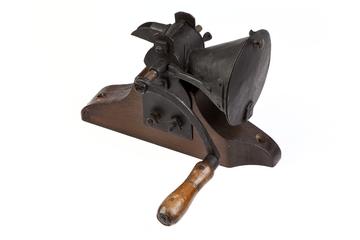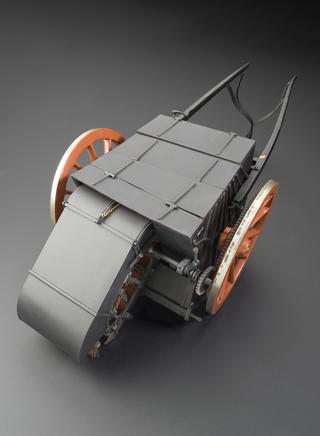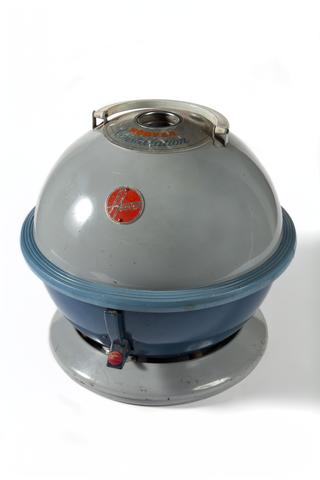
"Thermega" electric personal heater
- Made:
- 1927 in Leatherhead




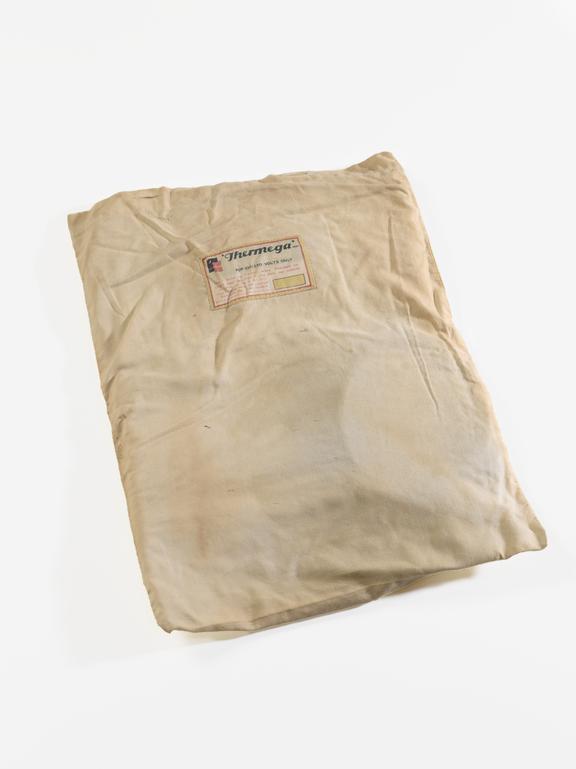
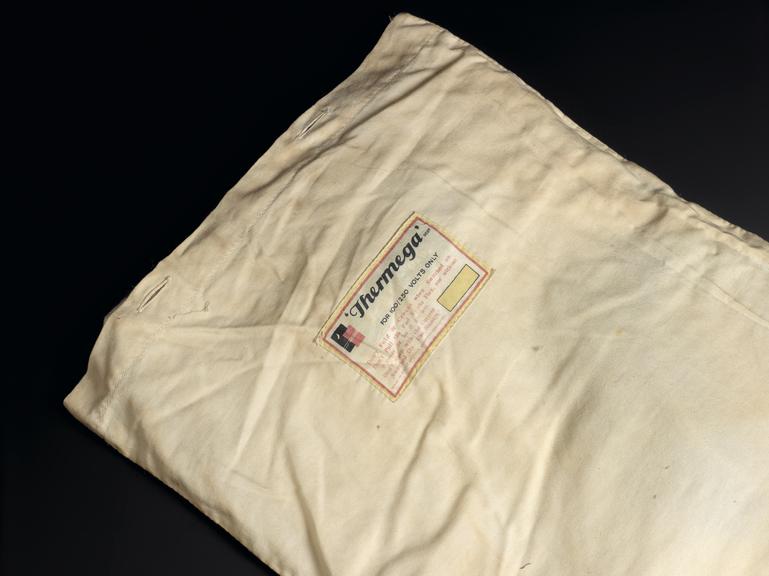

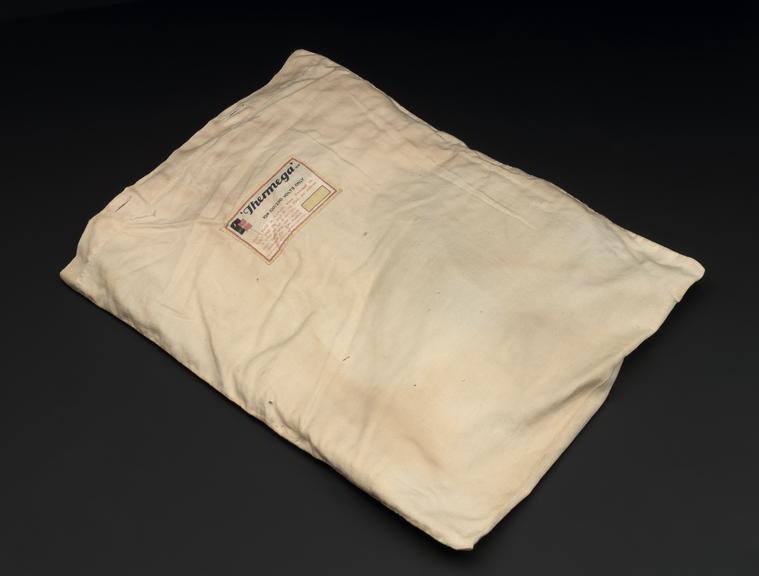
"Thermega" electric blanket, for use in heat therapy or as a personal or bed warmer, by Thermega Ltd, Leatherhead, England, 1927.
The psychological cost of the First World War was huge and this reality was only gradually acknowledged by military and civilian authorities. However, much of the groundwork for modern mental health practices was laid down in the years following the war, so the impact was ultimately transformative – though personal experiences varied considerably. The spectrum of treatments reflected the medical uncertainty and the options available could be fraught with issues of class, finance and politics.
By the end of 1918, 32,000 war pensions had been awarded for ‘shell shock’ – a figure that rose dramatically in the years that followed. Although pensions were based on medical assessments, men were often reluctant to seek outside help for their mental health, while others depended on charitable support for their rehabilitation into civilian life.
The Ex Servicemen’s Welfare Society (ESWS) was established in 1919. Much of its efforts were focused on those denied pensions or unable to find work. It eventually established special homes where men could rest, socialise and learn new skills. But the ESWS recognised that men with mental health wounds struggled to compete for jobs. So in 1927 it established its own company, Thermega, and purchased the patent rights for the first electric blanket produced in what was then referred to as the British Empire. The blankets were made in a factory in Surrey by men whose mental health had been damaged by their war service. They were then sold for profit – an example of ex-servicemen manufacturing a product that was commercially successful on the open market.
Details
- Category:
- Domestic Appliances
- Object Number:
- 1964-41
- Materials:
- whole, fabric, external cotton cover, internal fleecy and lining
- type:
- heater
- credit:
- Thermega Ltd.
